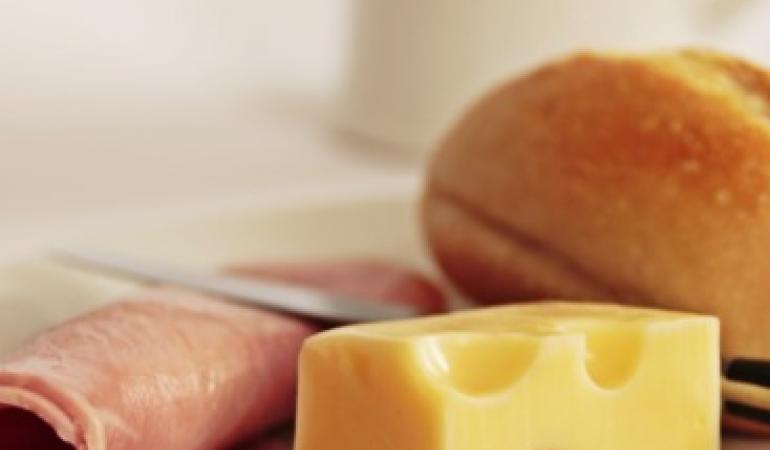
RIVM calculations show that only small steps have been taken to reduce daily salt and energy intake (via sugar) within the National Agreement to Improve Product Composition. Expansion and tightening of the agreements are necessary to achieve a substantially lower salt and sugar intake. The Committee Criteria for Product Improvement recommends a new integrated system to achieve product improvement.
A Dutch adult consumes an average of 8.7 grams of salt and 114 grams of sugar on a daily basis. This is well above the recommendations. Bread, meat and cheese are the main food contributors to the daily intake of salt. Soft drinks, milk products, and pastries and sweets are major sources of sugar intake in the Netherlands. Agreement has been reached, within the National Agreement to Improve Product Composition (Akkoord Verbetering Productsamenstelling in Dutch), for example to reduce the salt content of meat products by 10% and to reduce the amount of added sugars in dairy drinks and dairy desserts by 5%.
Daily salt and sugar intake
RIVM has calculated what effects compliance with the current agreements (established up to and including 2016) will have on the daily salt and sugar intake, as well as what the effect would be if these agreements are tightened or broadened to include more foods. If the manufacturers comply with the agreements made, the daily salt intake could drop by 0.4 grams and the sugar intake by 2 grams (8 kcal) per day. If the agreements are tightened with a 10% extra reduction of the contents, the intake could drop by 0.7 grams of salt and 5 grams (20 kcal) of sugar per day. If, in addition, the agreements are expanded to include more foods, for which no agreements currently apply, the daily salt intake could drop by almost 1 gram. The salt intake, however, remains above the maximum standard of 6 grams per day. The sugar intake could drop 9 grams (36 kcal) per day. In addition to adjusting the composition of foods, healthy food choices in line with the Wheel of Five remain important, to limit daily salt and sugar intake.
New system for product improvement in the Netherlands
A committee led by RIVM advises setting up a new integral system for product improvement, with a coherent set of criteria for each food group, i.e. for salt, saturated fat, sugar, calories and fibre. In the Netherlands various systems have been established aimed at improving the composition of foods: the National Agreement to Improve Product composition between the government and industry, a front-of-pack logo (“het Vinkje” in Dutch) and the Wheel of Five from the Netherlands Nutrition Centre, providing advice for a healthy diet. They contain agreements or criteria on the amount of salt, saturated fat and sugar in products, but there is little coherence between the systems as they use different product classifications, nutrients and criteria.
To increase the new integrated system’s chances of success it is important to mobilise support by closely involving social organisations and the industry. In addition, it is important that criteria are set by the central government and are regularly refined. Finally, an independent organisation should monitor whether or not the products meet the criteria. The Committee for Product Improvement was set up by the Ministry of Health, Welfare and Sport and consists of scientists from the Scientific Advisory Committee of the (previous)”Vinkje” (Wecom), the scientific advisory committee of the National Agreement to Improve Product Composition and the Netherlands Nutrition Centre. It is chaired and supported by RIVM.